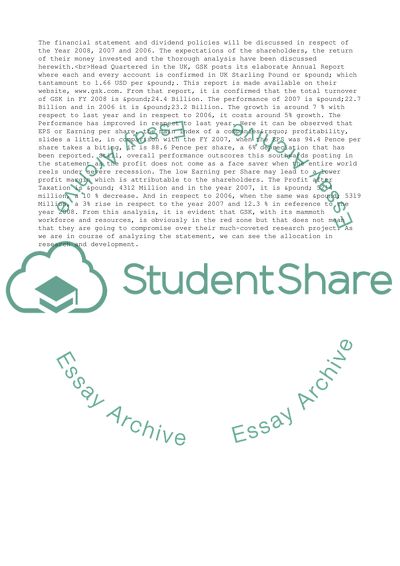Cite this document
(“The Annual Report of the Glaxo Smith Kline Company Research Paper”, n.d.)
The Annual Report of the Glaxo Smith Kline Company Research Paper. Retrieved from https://studentshare.org/business/1730207-mar1
The Annual Report of the Glaxo Smith Kline Company Research Paper. Retrieved from https://studentshare.org/business/1730207-mar1
(The Annual Report of the Glaxo Smith Kline Company Research Paper)
The Annual Report of the Glaxo Smith Kline Company Research Paper. https://studentshare.org/business/1730207-mar1.
The Annual Report of the Glaxo Smith Kline Company Research Paper. https://studentshare.org/business/1730207-mar1.
“The Annual Report of the Glaxo Smith Kline Company Research Paper”, n.d. https://studentshare.org/business/1730207-mar1.


